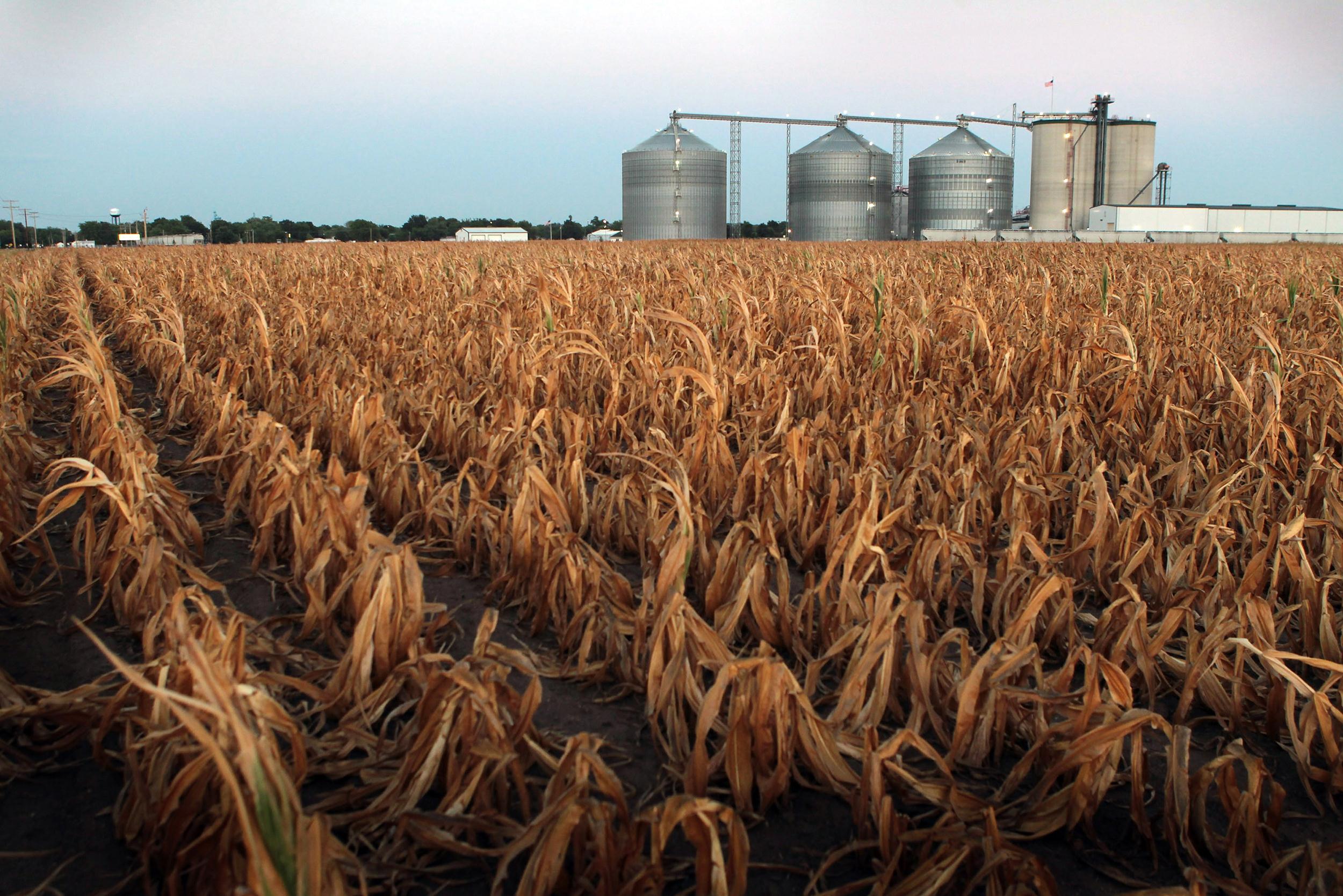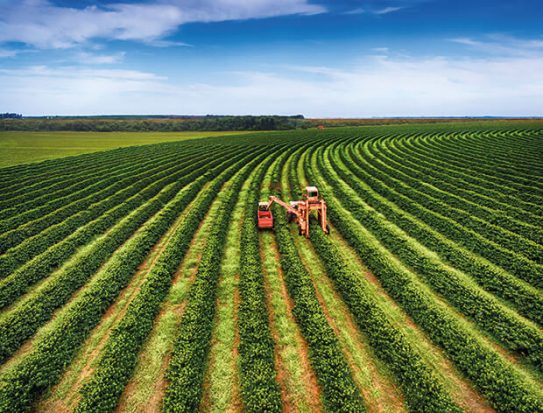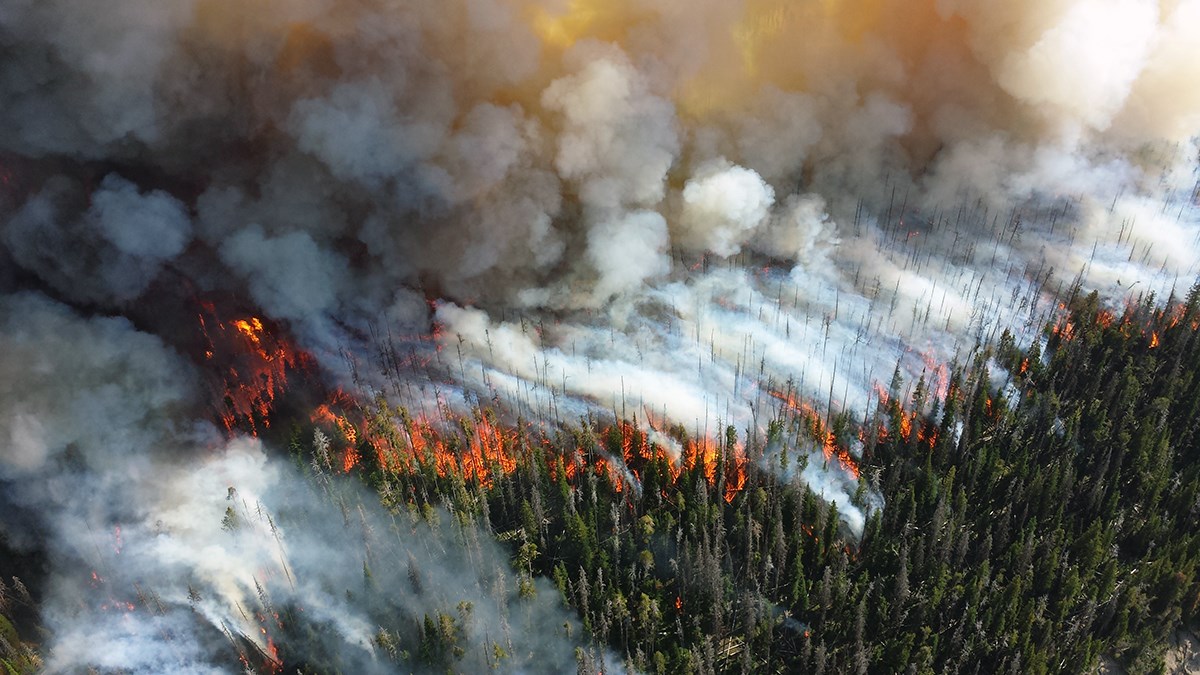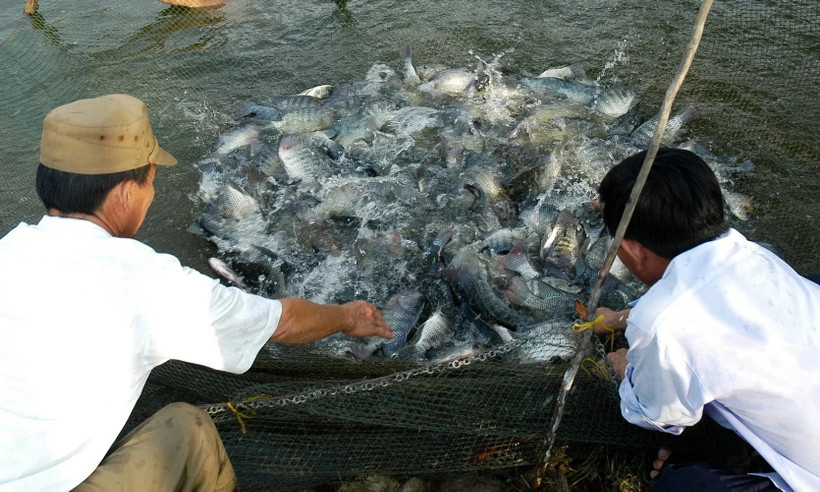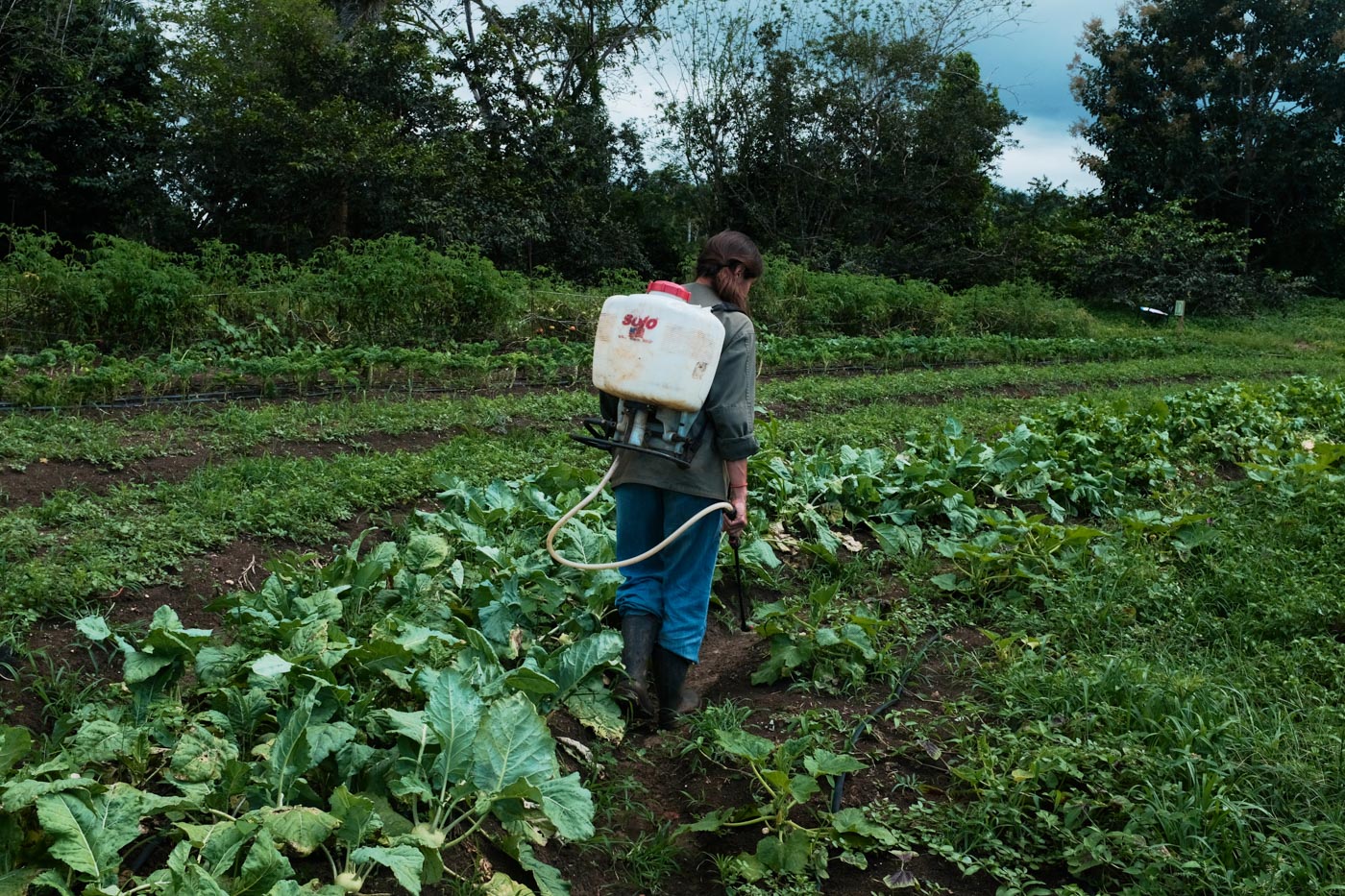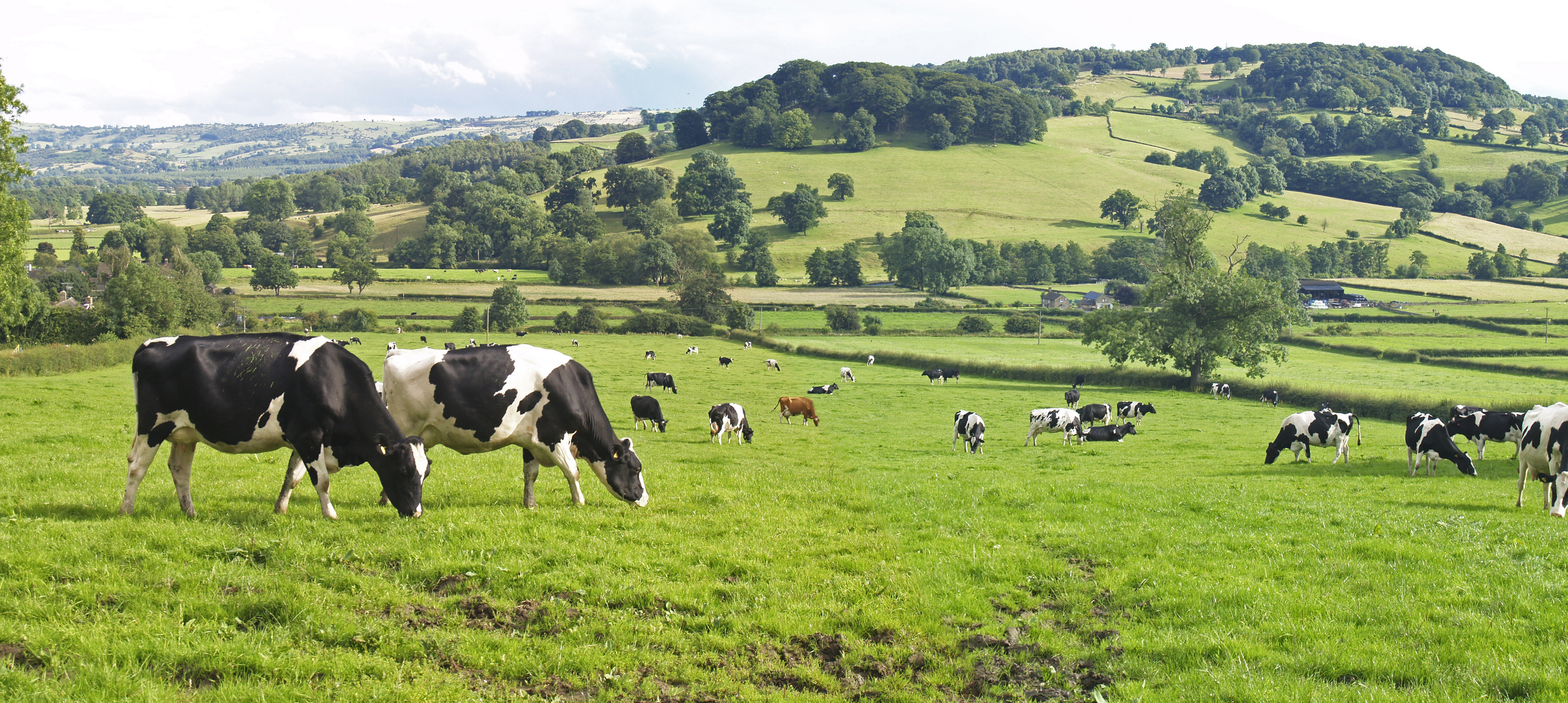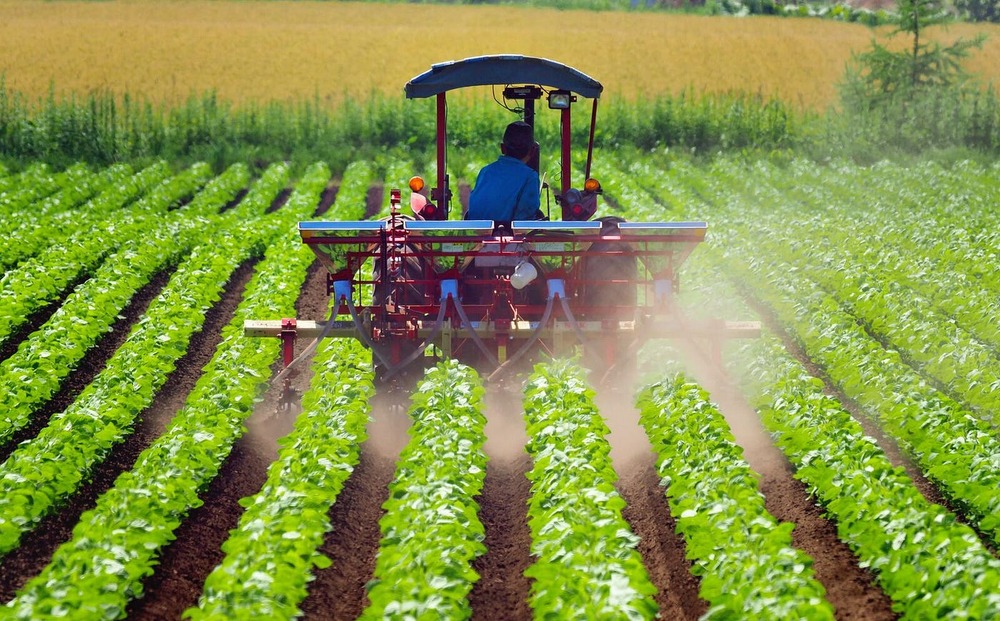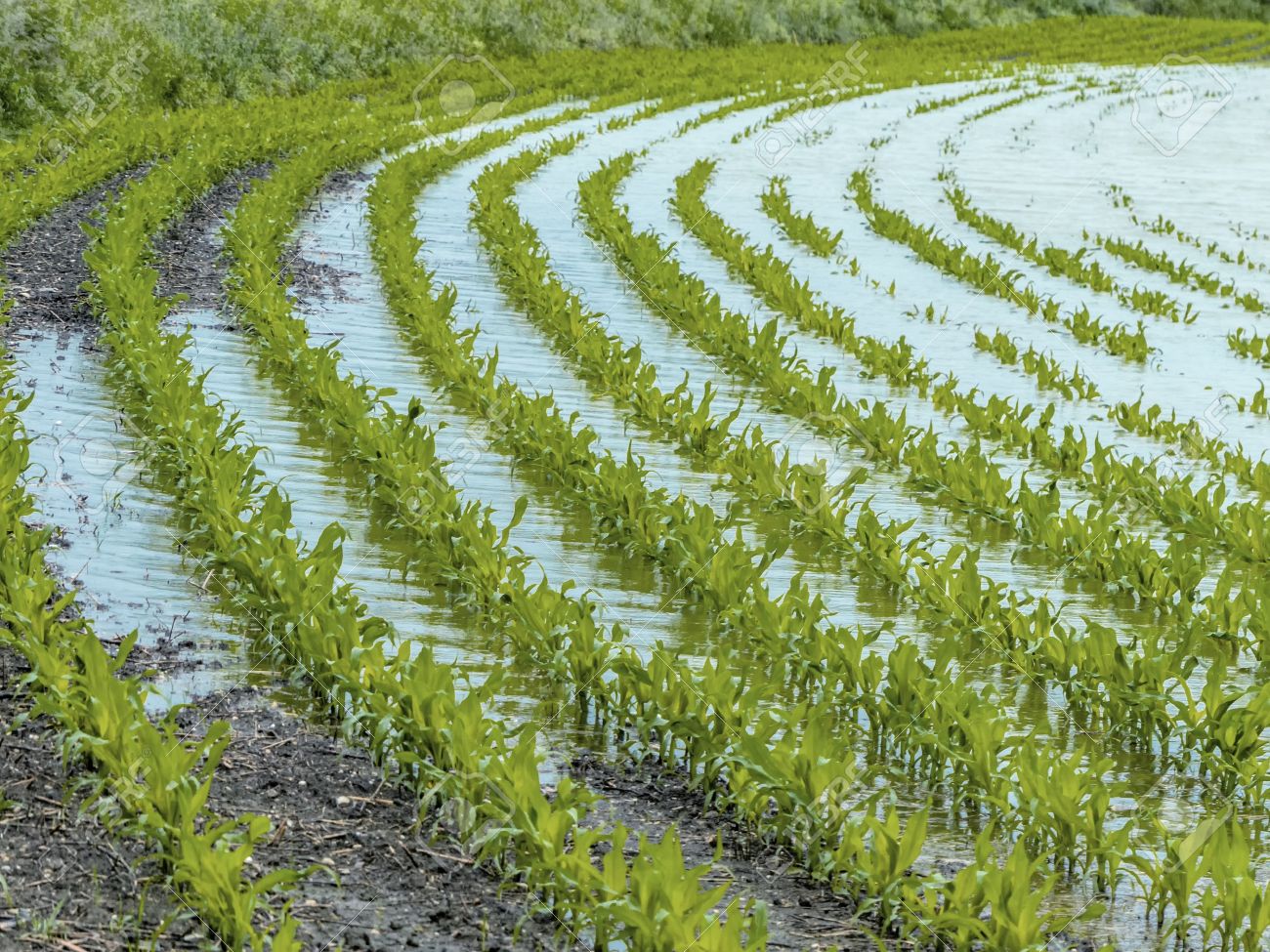Facing increasing drought, alarming climate change, high levels of food insecurity and a myriad of distinct microclimates in all parts of the province, farmers are continually searching for ways to mitigate their obstacles.
B.C. Centre for Agritech Innovation agrologist and researcher Carson Li says that the beleaguered agricultural industry demands unique solutions to meet its regional needs.
A specialist in agricultural ecology, greenhouse gas emissions and regenerative agricultural practices, Li began working with BCCAI in 2023 to pursue his passion for supporting agricultural innovation, which he believes would help address some of the critical challenges that B.C. farmers face today.
“BCCAI operates on a cost-sharing model with agritech companies, producers and farmers to derisk the technology development and adoption in their processes,” said Li. “We help them upscale or downscale and commercialize their products and services faster.”
But innovation itself won’t solve all the industry’s problems, he is quick to point out. To help farmers improve their bottom line, there needs to be ongoing development, investment in new technologies and continuous efforts to apply the technology and make it commercially viable. “And we must do it in a socially responsible way”.
“The logic behind my view is, there is not a single solution,” said Li. “We're aiming for a broad approach by casting the net wide. By supporting various solutions, we stand a better chance than relying solely on one."
The problem with a multifactorial problem-solving strategy is that agritech innovation takes time to develop, and development of those innovations needs investment at the outset.
In addition to farmers’ many challenges, there are sometimes highly unpredictable factors that Li says would never occur to him if he didn’t visit farms in person.
While on Vancouver Island recently, Li visited several Cowichan Valley farms before presenting his work at the Islands Agriculture Show this past February 2-3, 2024. One of those farms had a problem that Li had literally never heard of before.
“For many Vancouver Island farmers, water is the biggest problem, as a result of bad drought for the past three years,” said Li. “At this dairy farm, they had crop failure after crop failure for the past two years, and they had to keep buying feed for the cows. Imagine what that does to a farm,” he said. “They’re just basically losing money every year.”
A warm and wet spring finally arrived, but before their cattle could reap the benefits of newly re-established grass, a group of young male elk moved in, destroying the grass on the hillside and threatening to ruin additional fields and crops.
The owners were simply at a loss, Li said. Meanwhile, the ensuing damage and additional costs to restore their crops and farm continued to mount.
Facing such unusual circumstances, and perhaps out of general desperation, Li has noticed that dairy farms are some of the earliest adapters to innovative agricultural technology, said Li.
“Dairy farms are decked out with robots and sensors,” he said. “They're definitely open to using new technologies as long as it justifies the cost, increases their profit margins, and reduces their expenses. But you have to account for the funds to help them to risk trying that, while still investing in innovation.”
At the annual Islands Agricultural Show, Li spoke about one of his areas of expertise: the current technological advancements in soil health indicators.
As one of his most passionate areas of interest, he presented the audience with ways to support farmers – and stakeholders – to measure healthy soil indicators more accurately and in more cost-effective ways.
“People under-appreciate the existence of soil,” said Li. “They just think it’s a matrix that we can extract things from. But the soil itself is a very, very valuable resource. Soil can actually mitigate climate change and help filter drinking water. I’m trying to solve these problems.”
Armed with more specific insights about the health of their soil, producers are then better able to make effective management decisions.
“I try to maintain resources and make sure they’re being utilized to produce food,” he said. “To help farmers use their soil more efficiently and maintain the health of the soil, to preserve the capability of producing more food in the future.”
The Vancouver Island trade show, a partnership between the B.C. Ministry of Agriculture and Food and the Islands Agriculture Show Society, is to share ideas and developments in innovative agricultural technologies and improve the nature of farming and agriculture in B.C.
Source - https://www.sfu.ca


